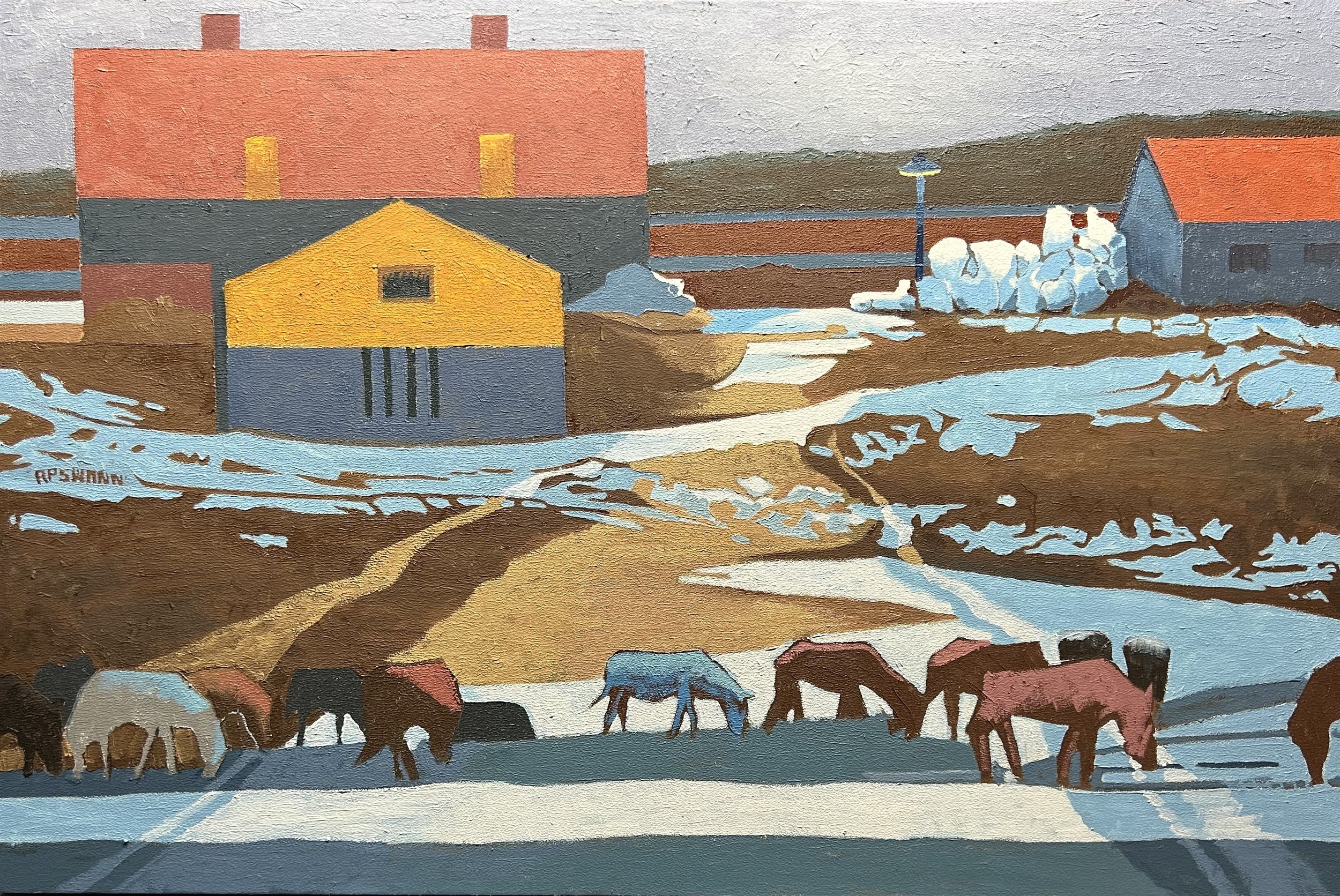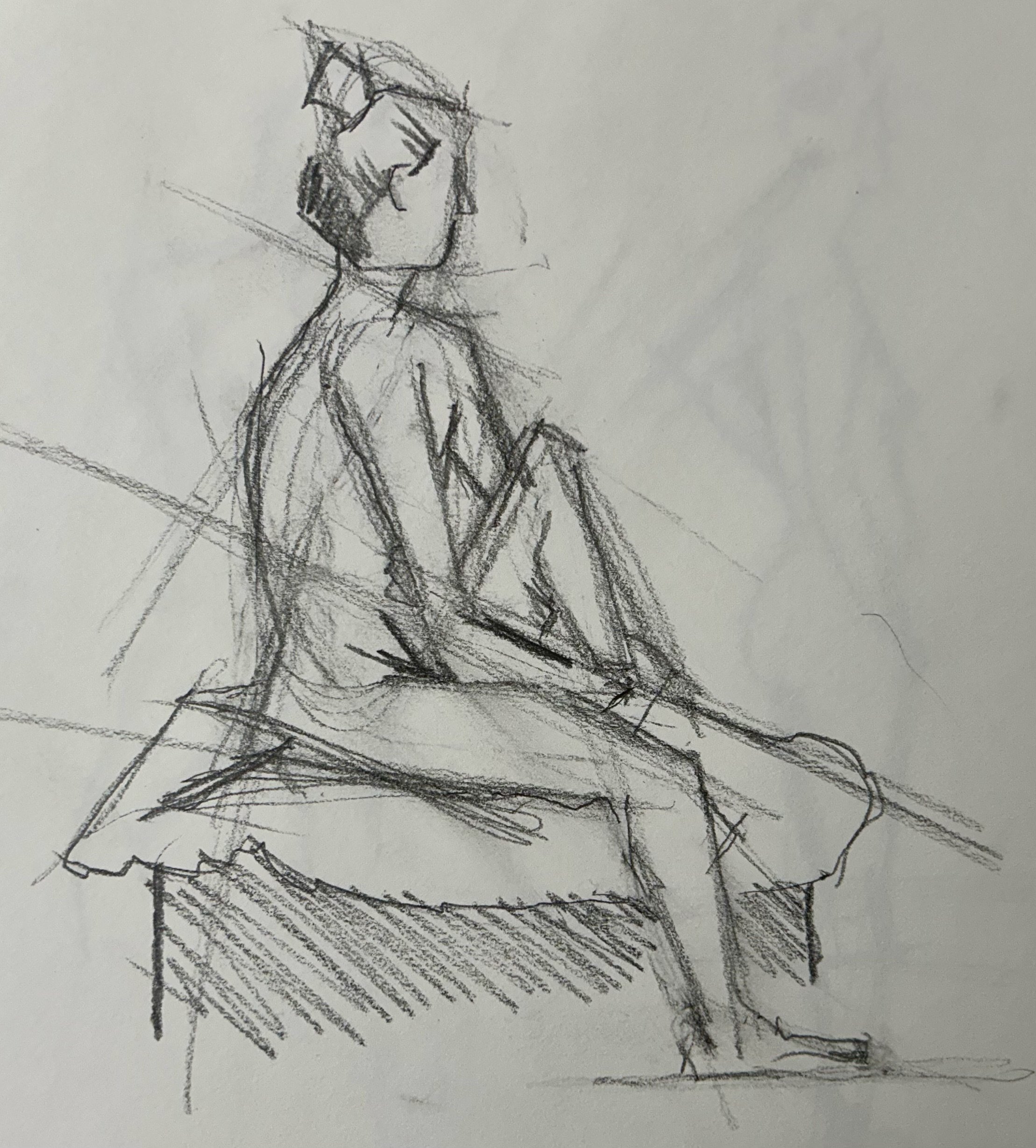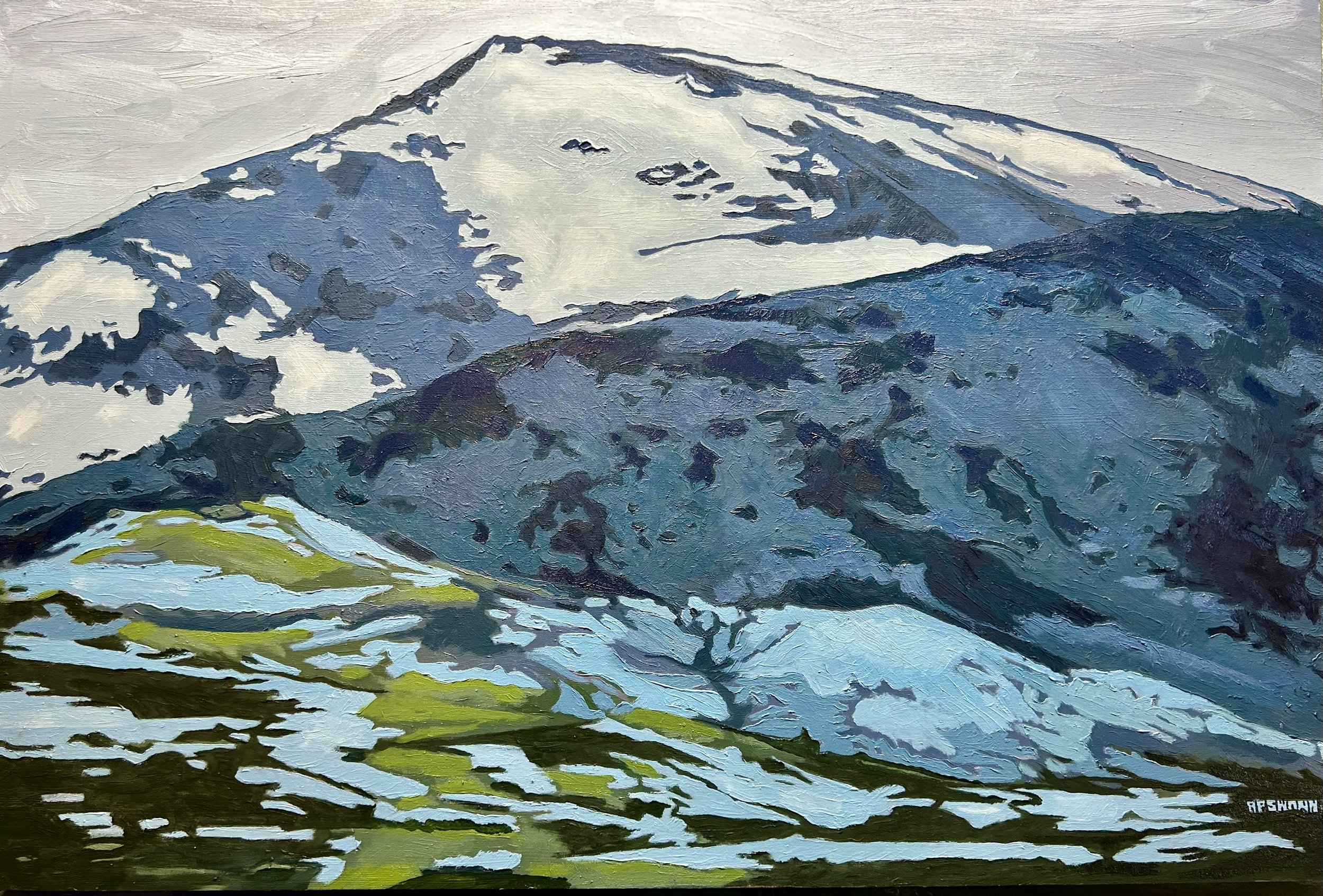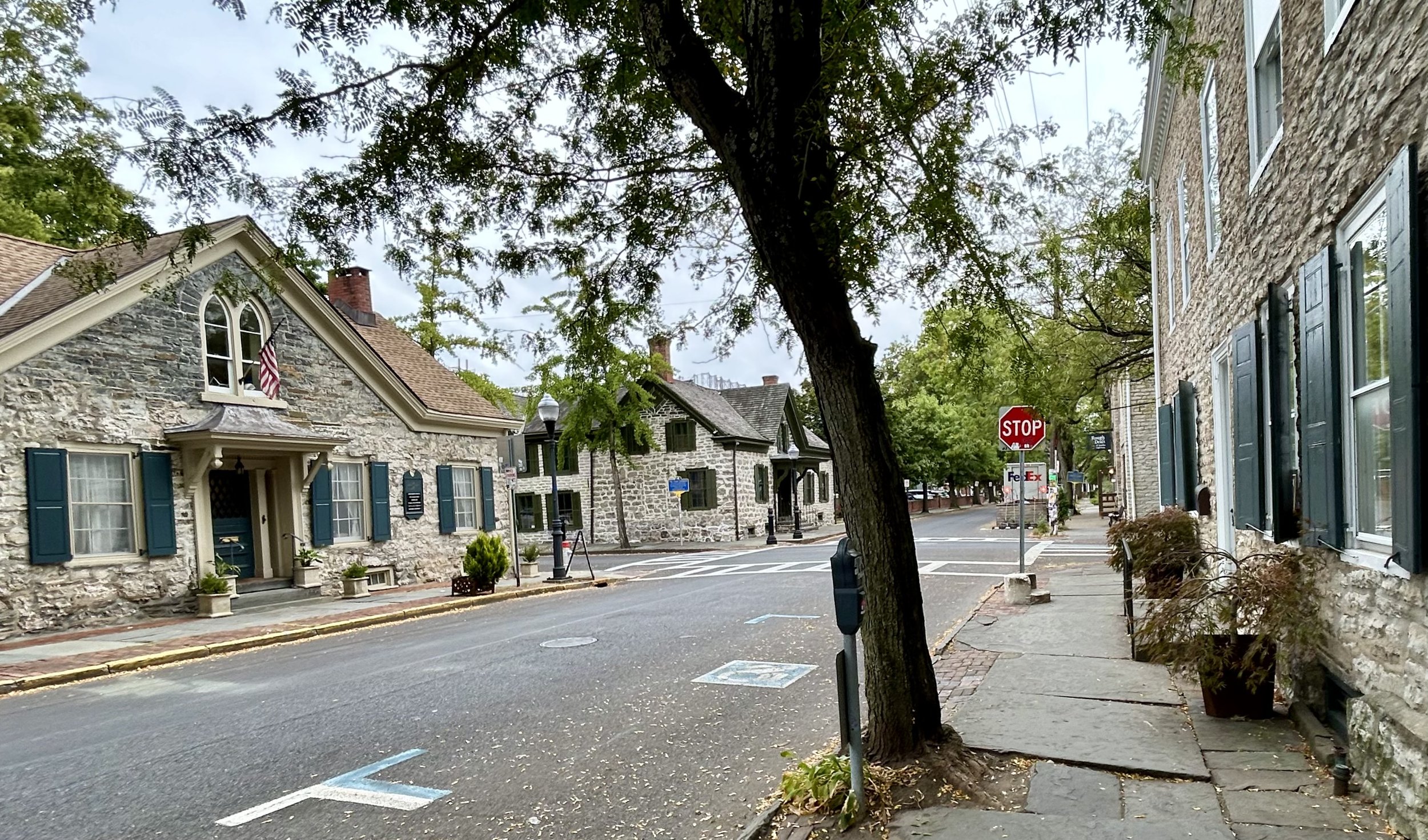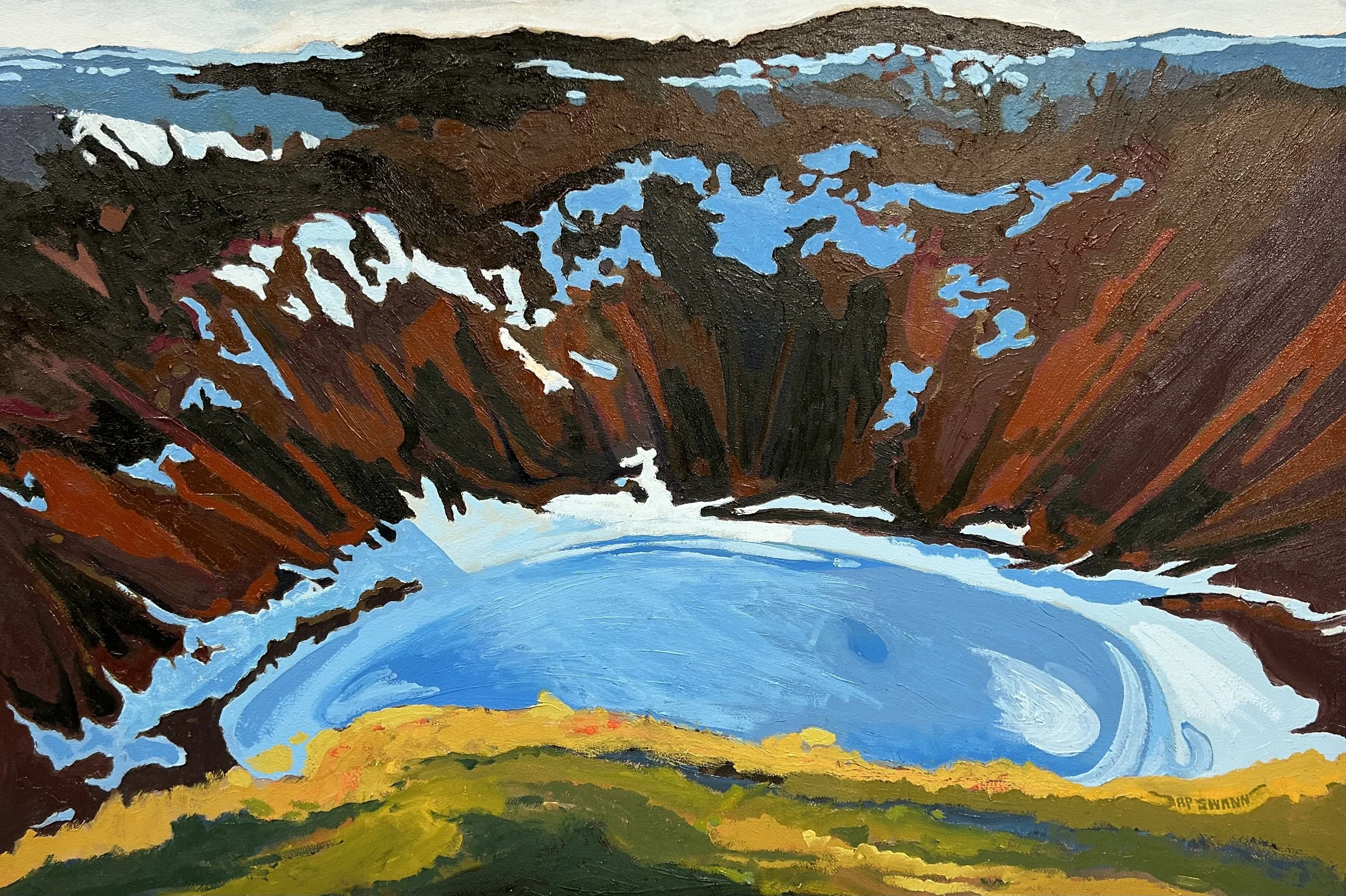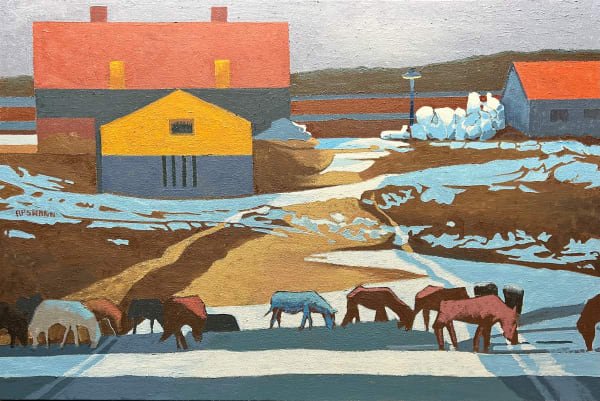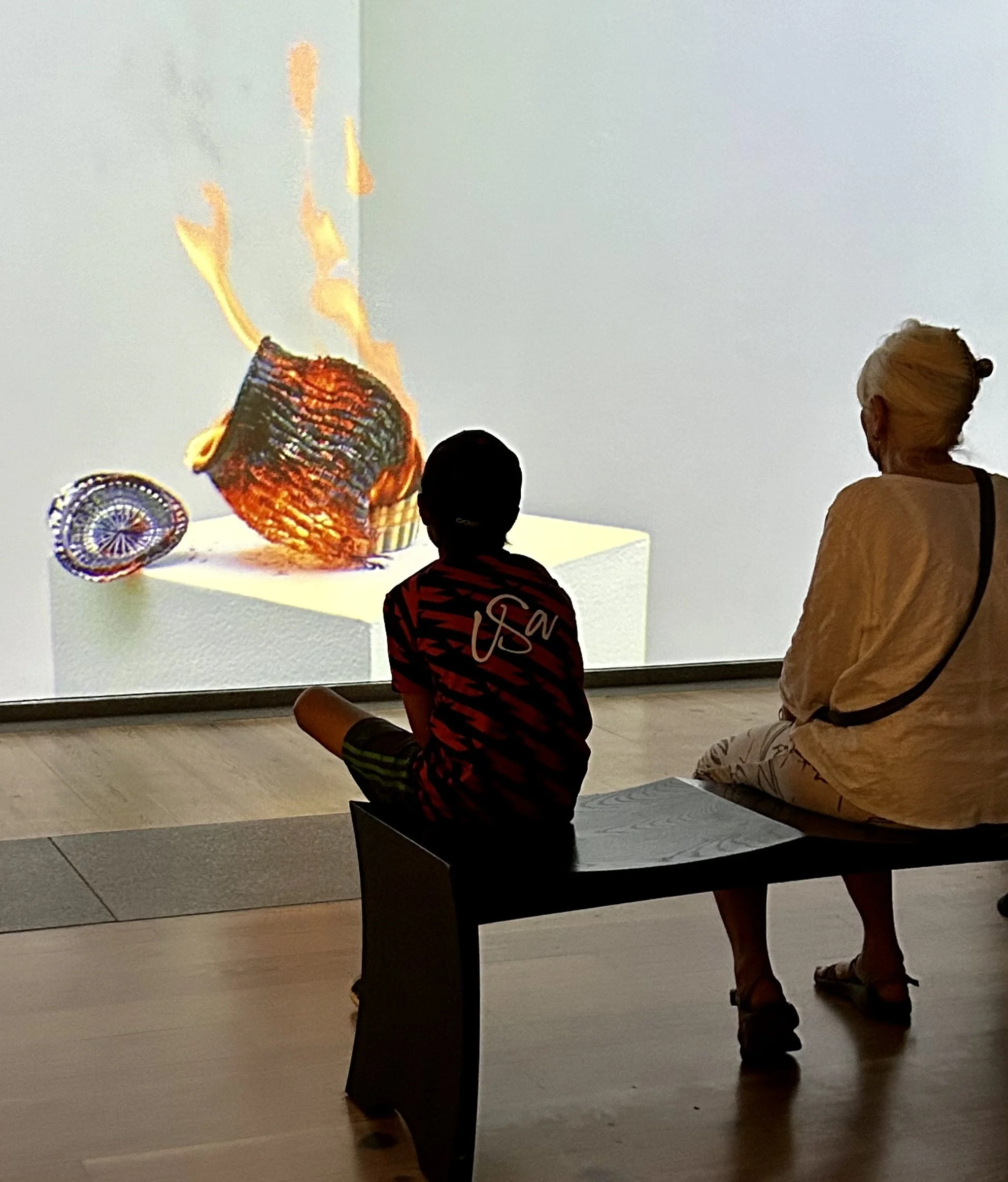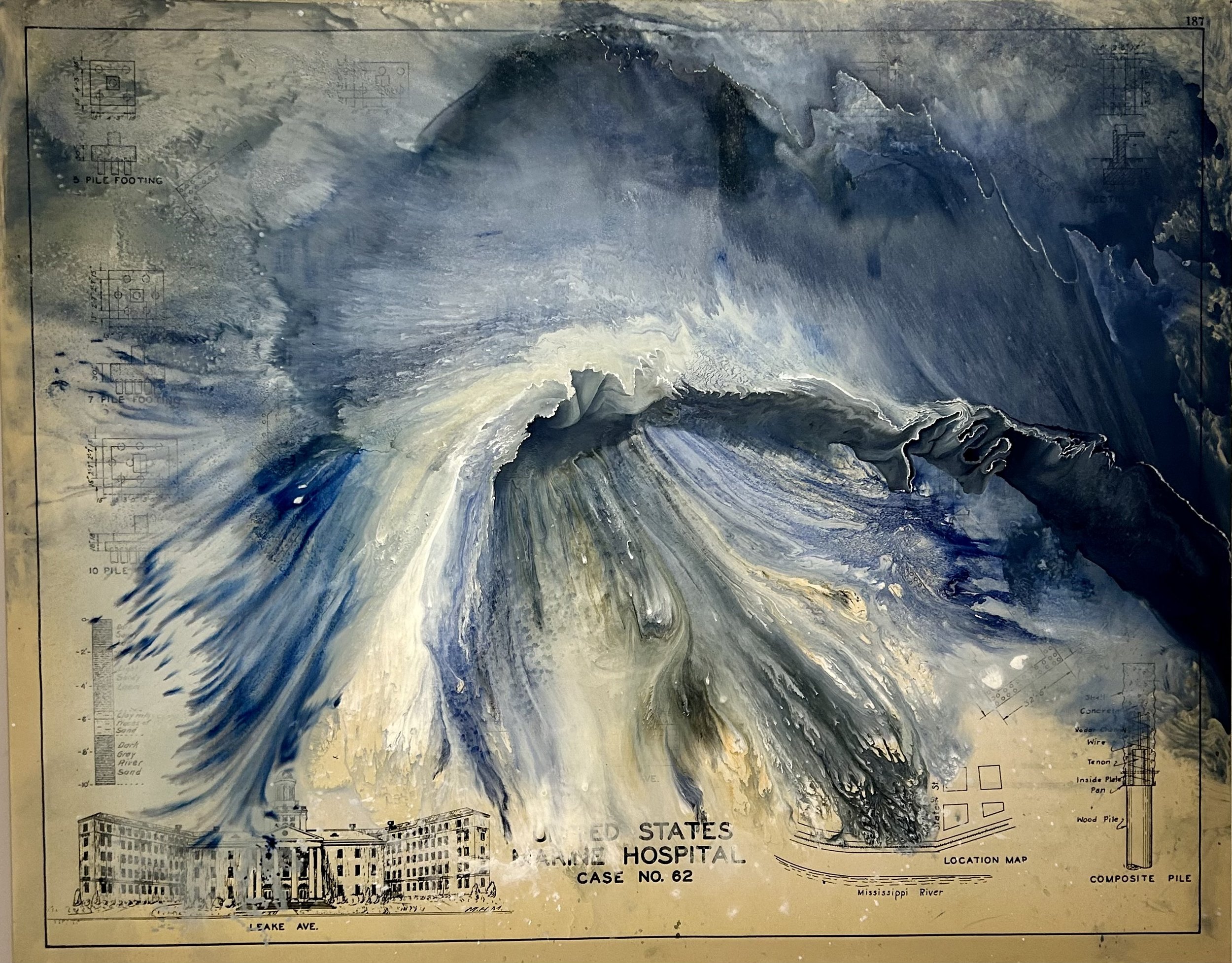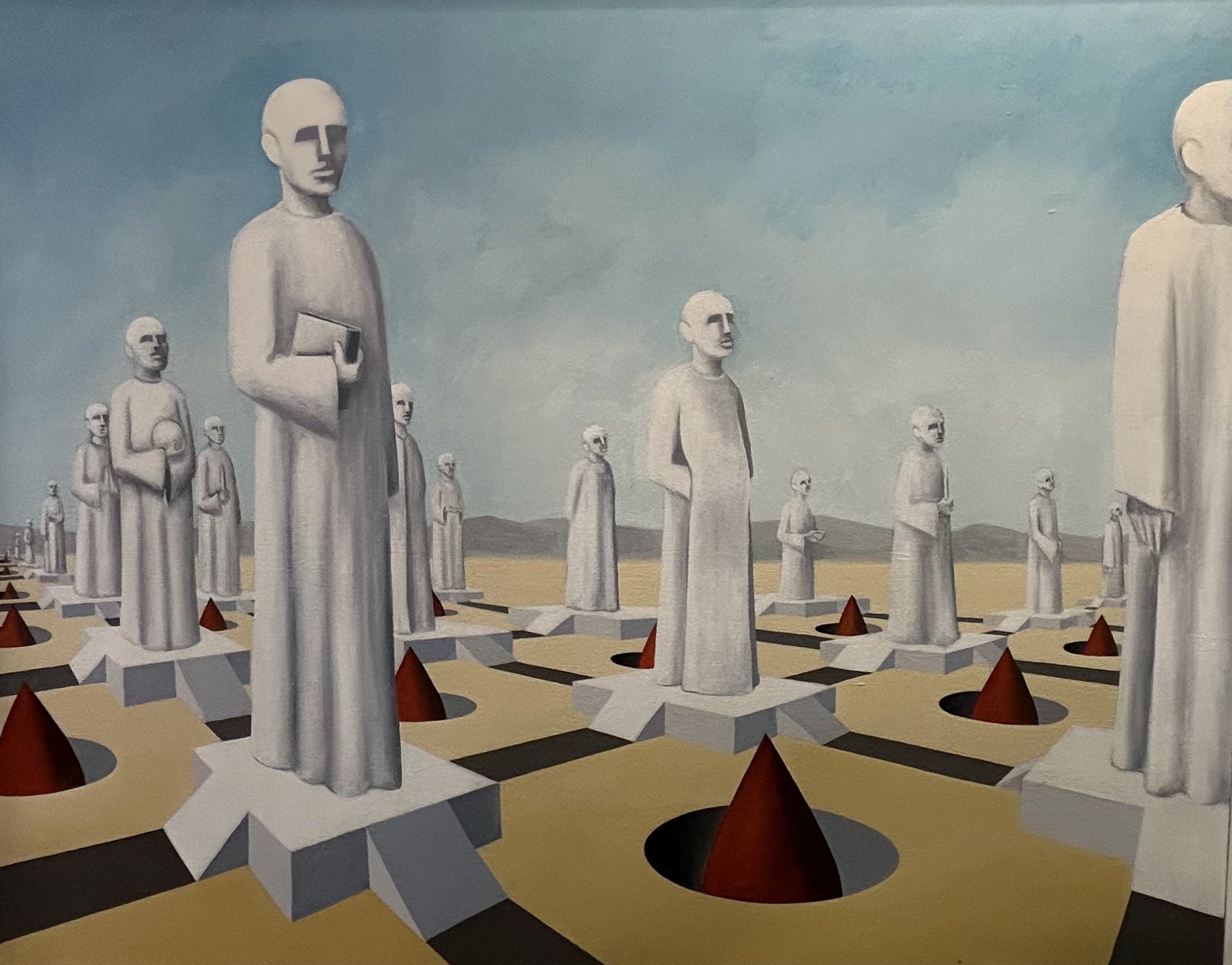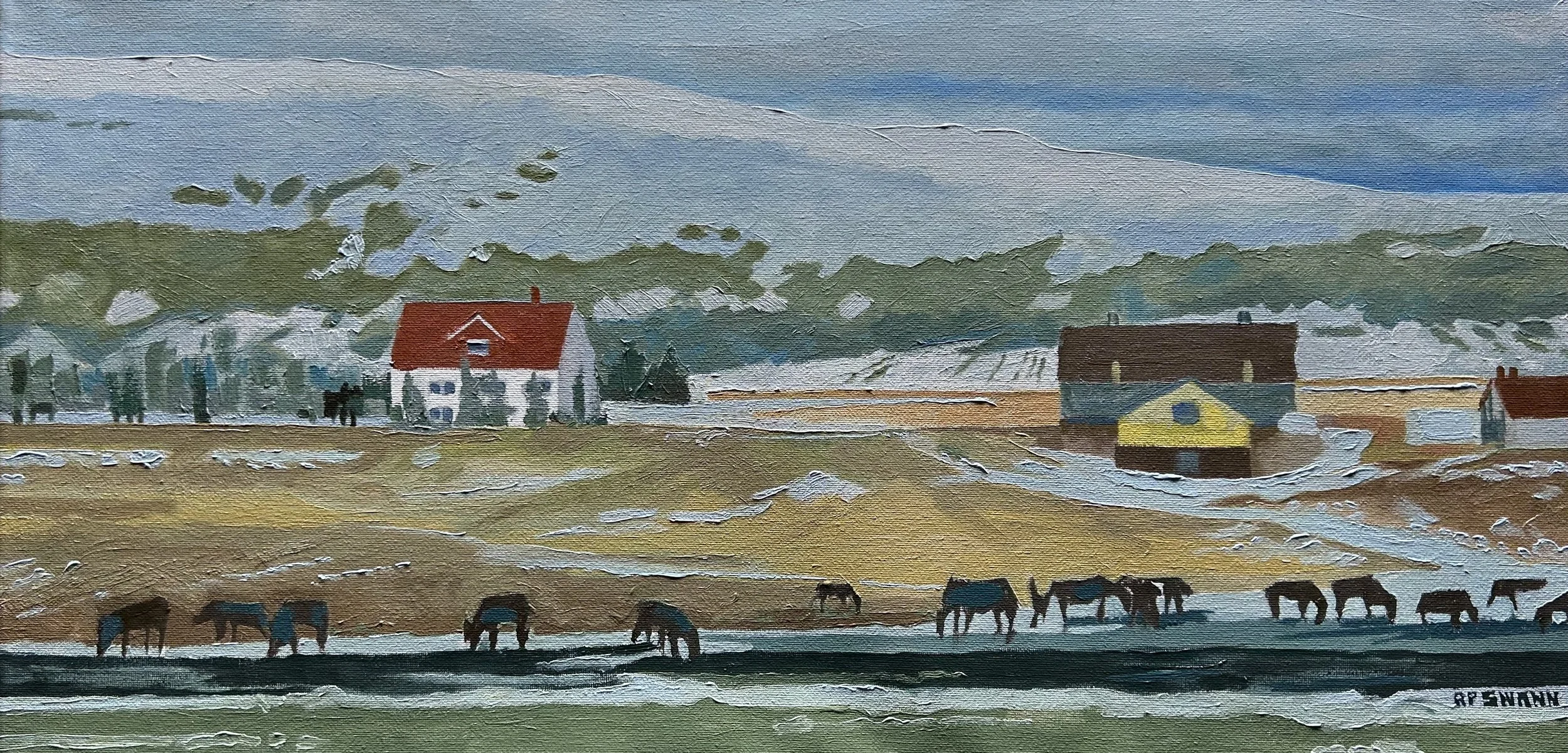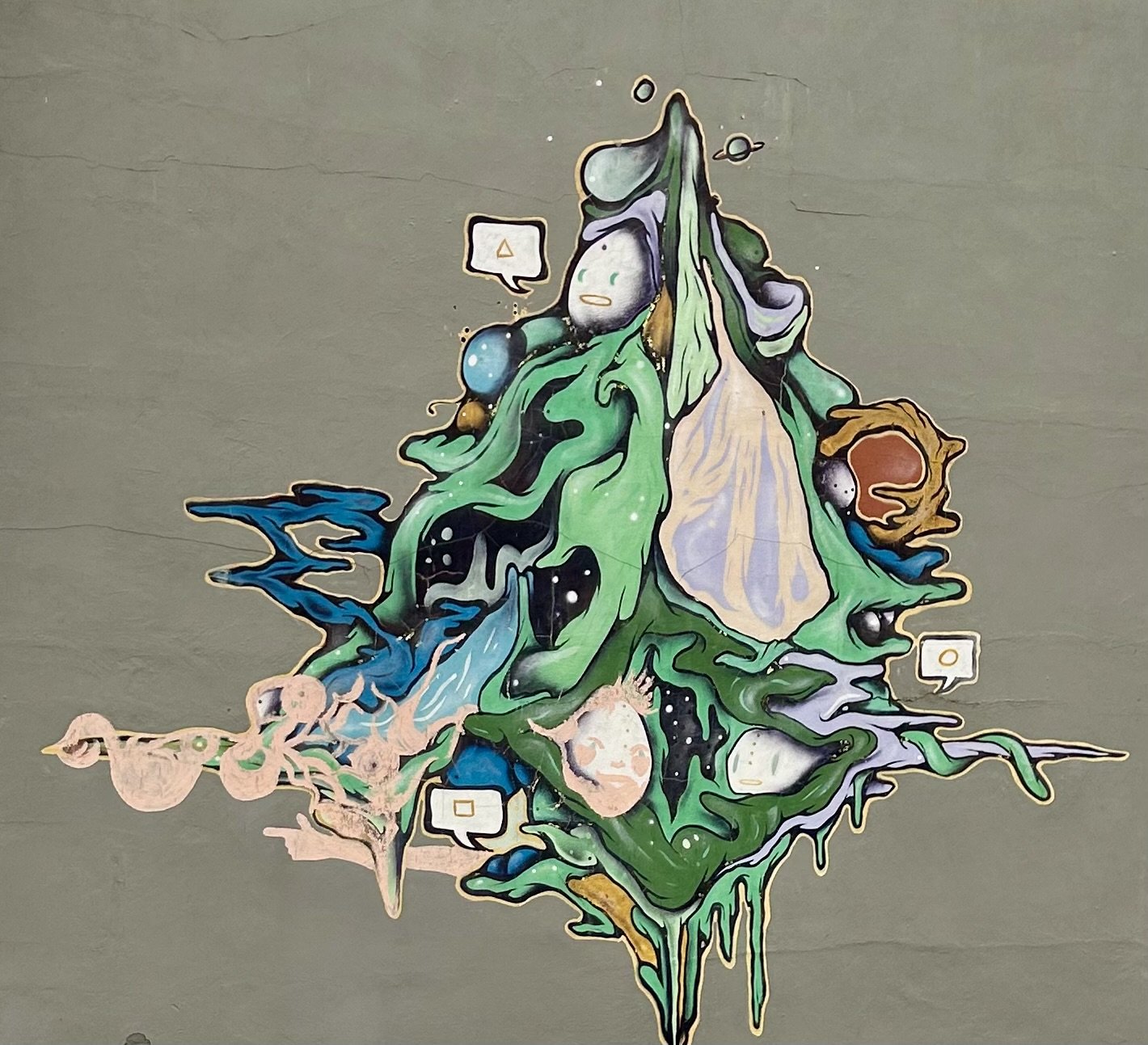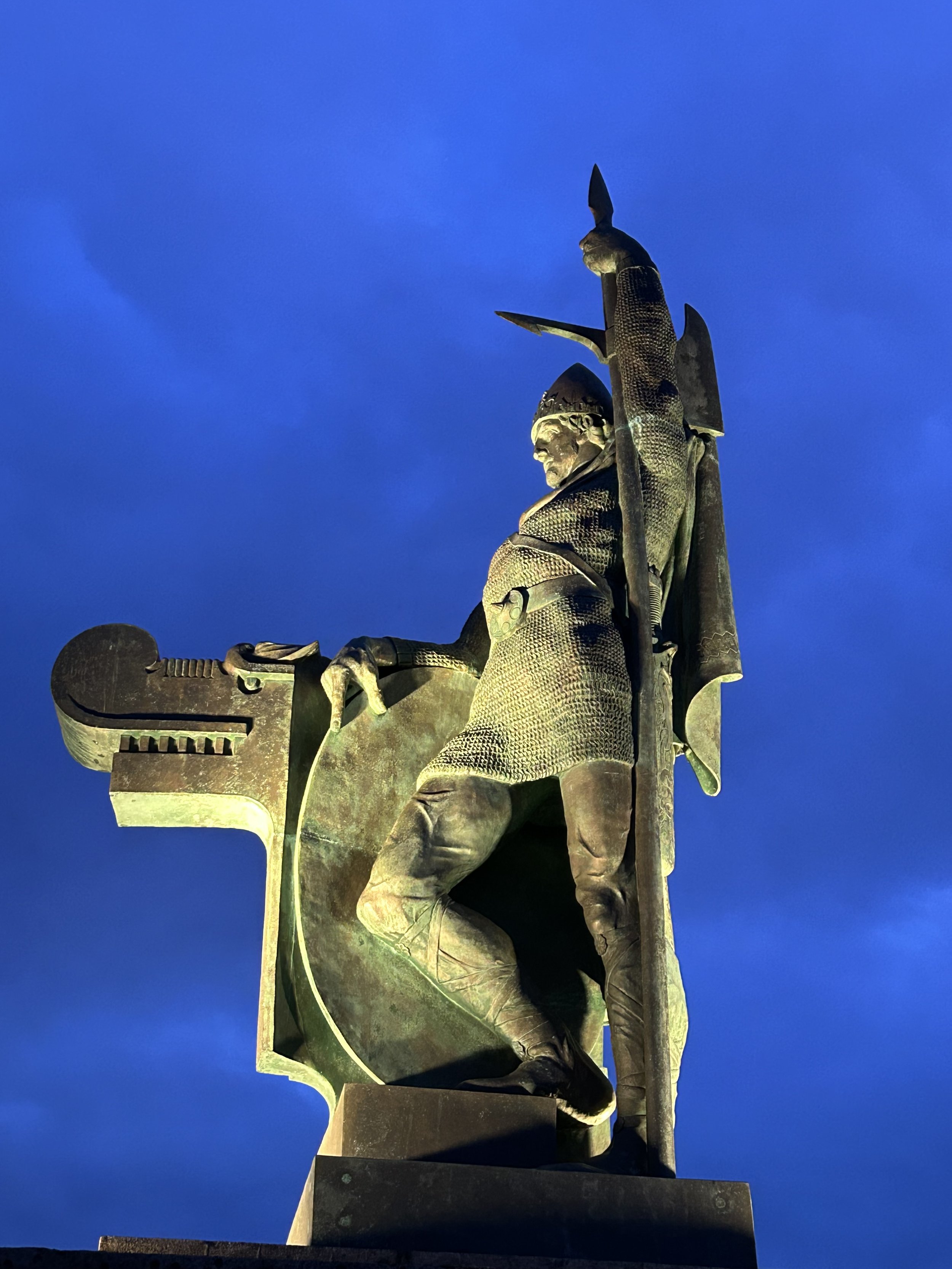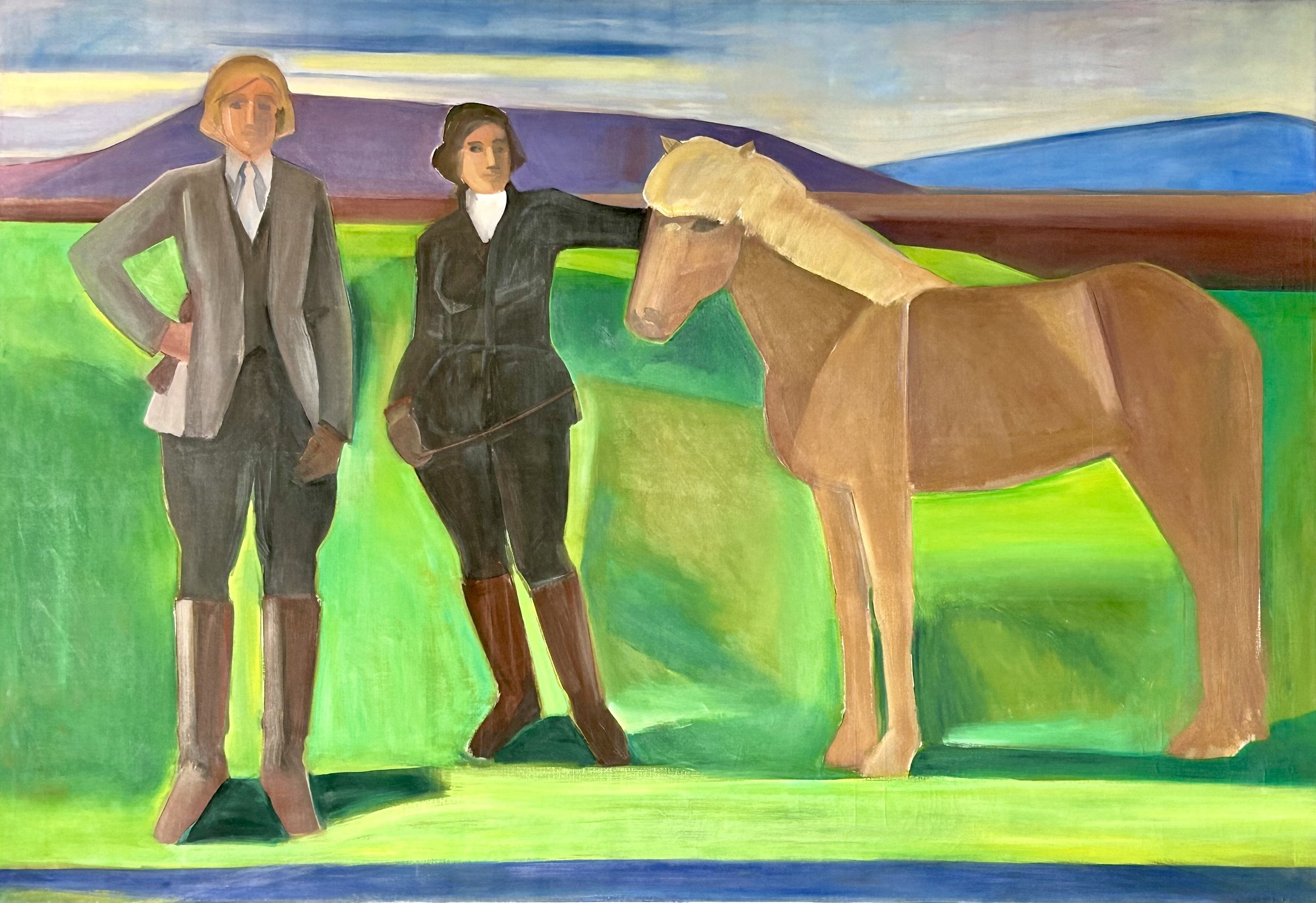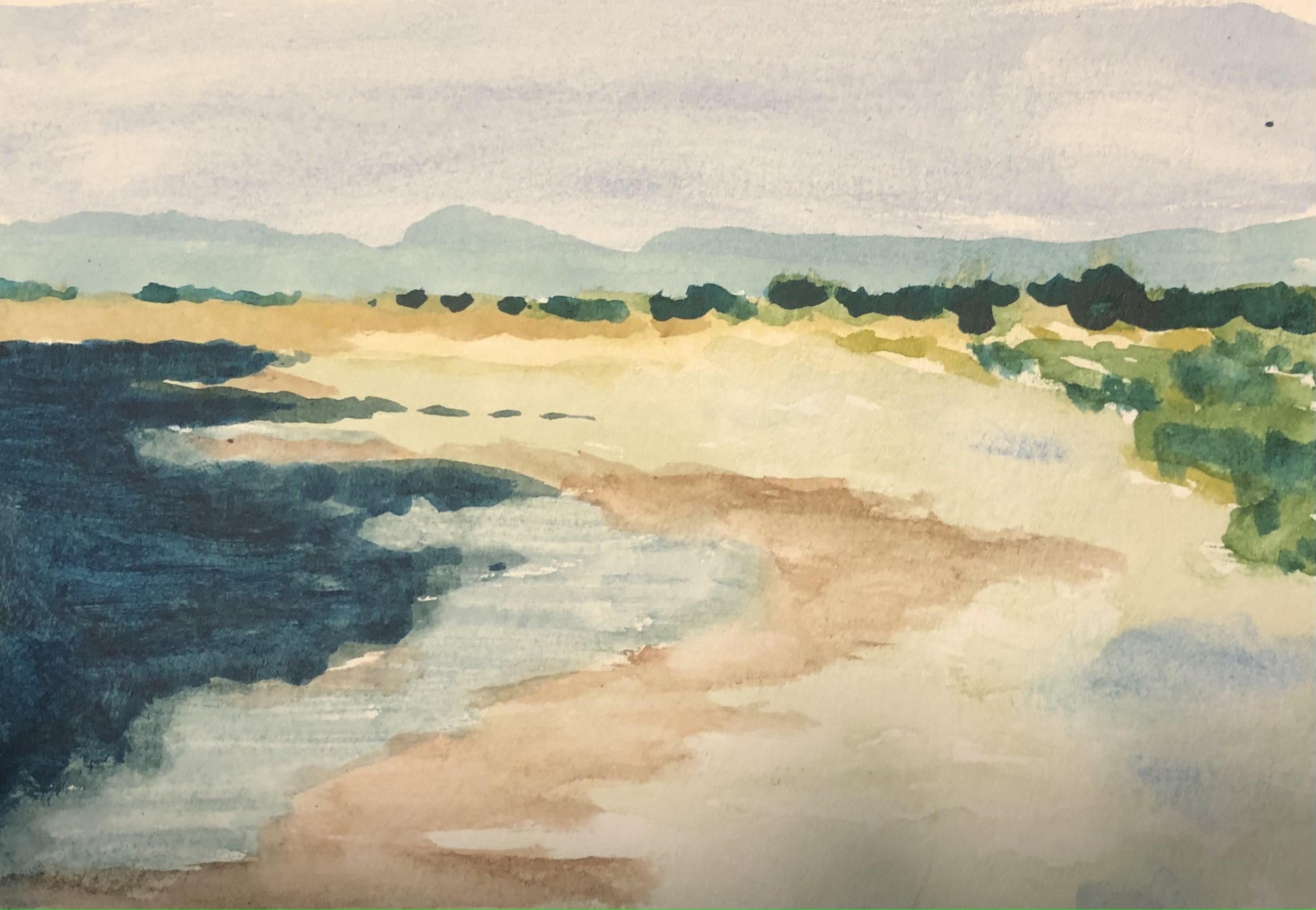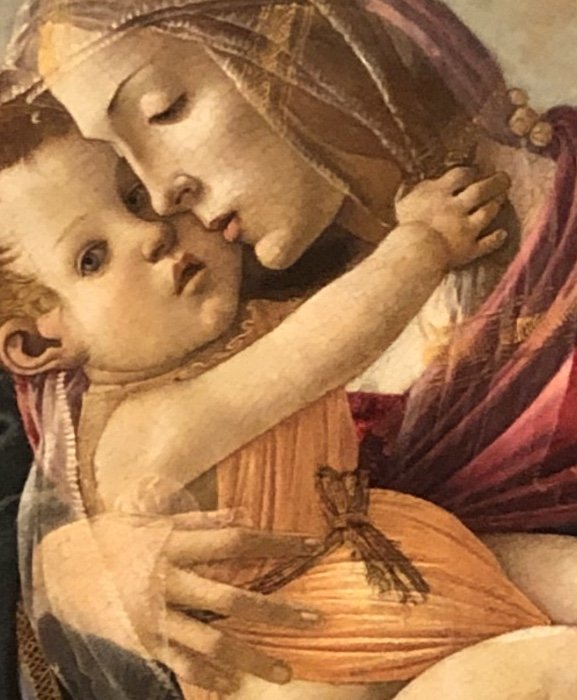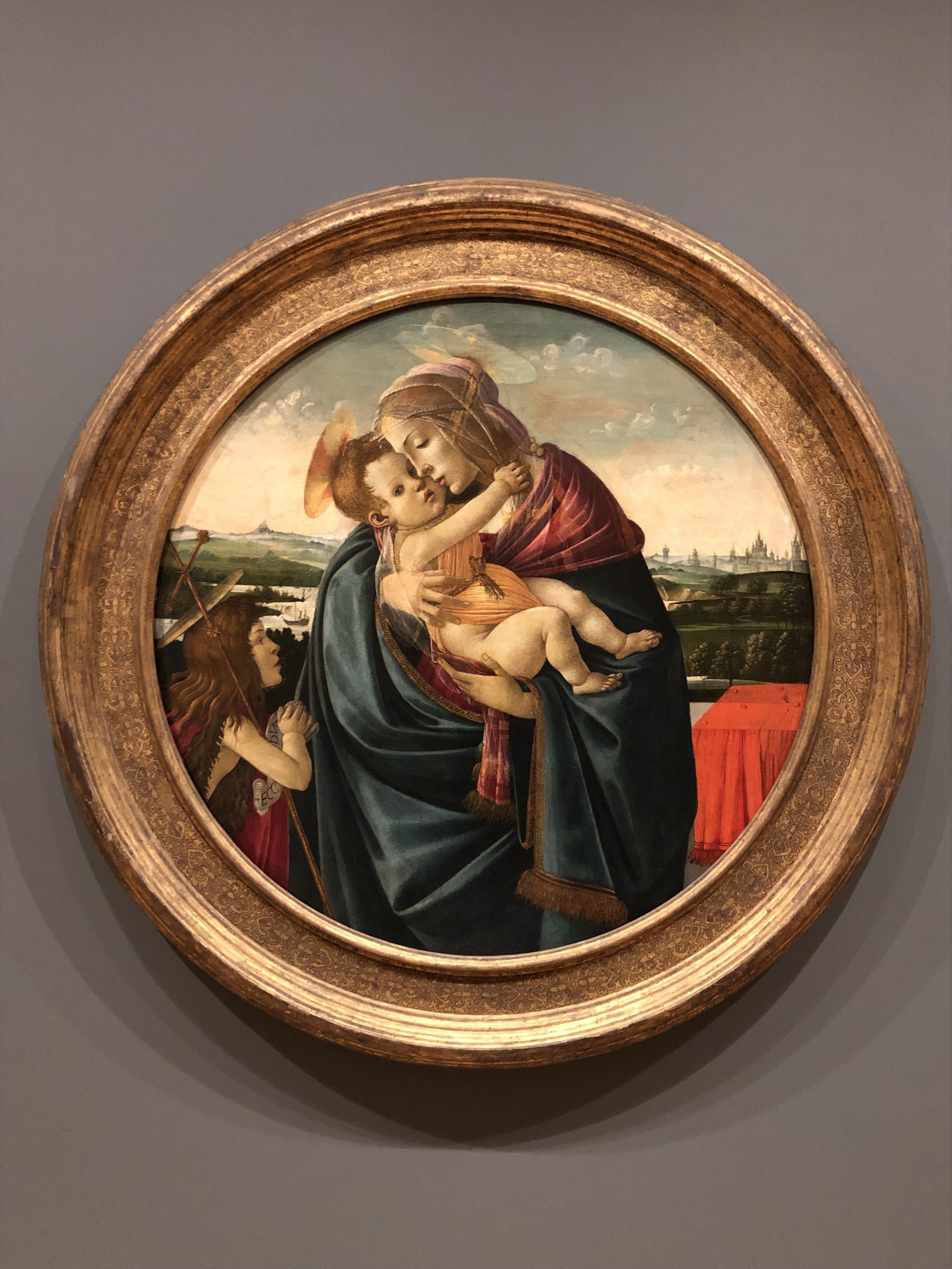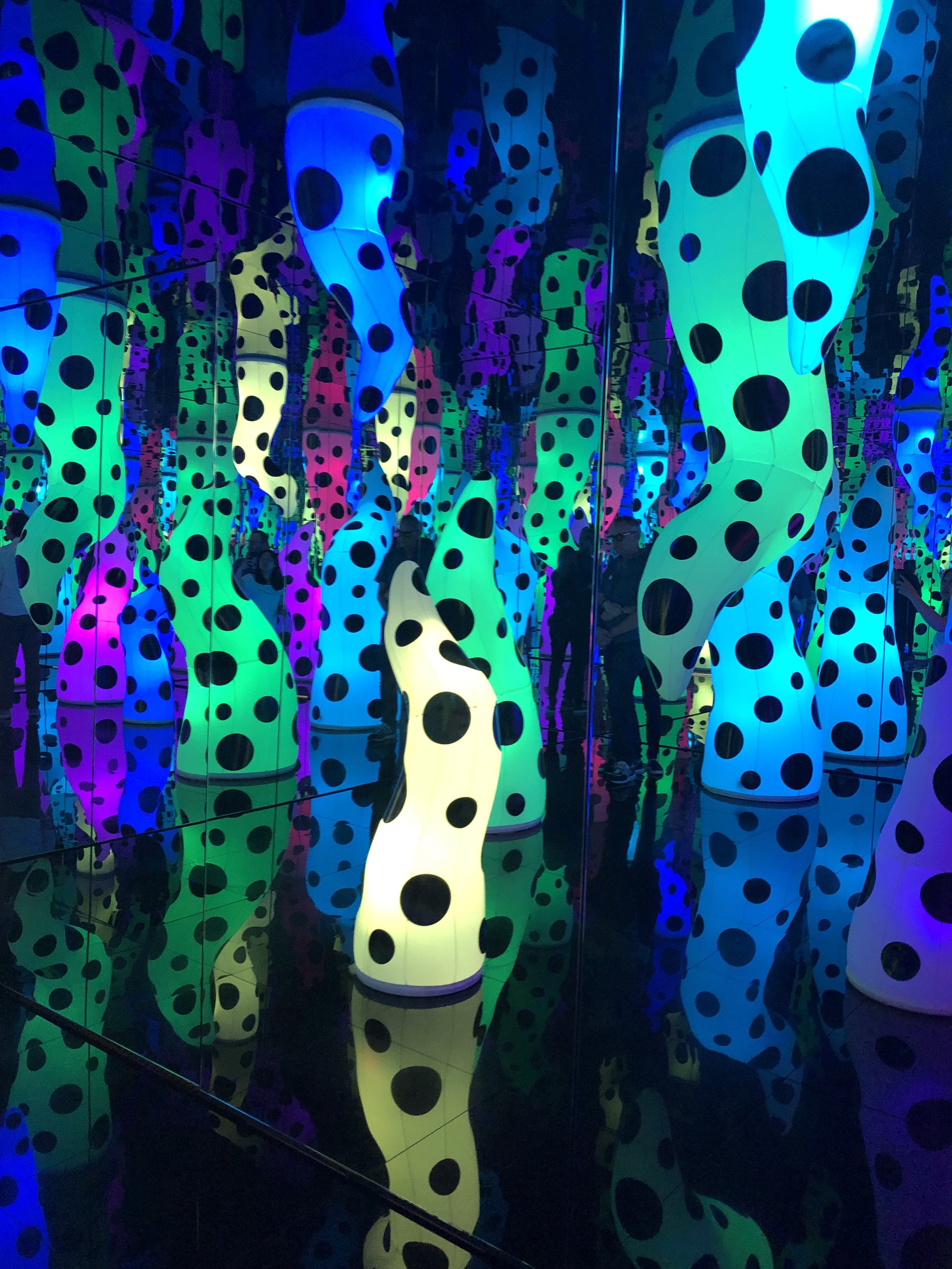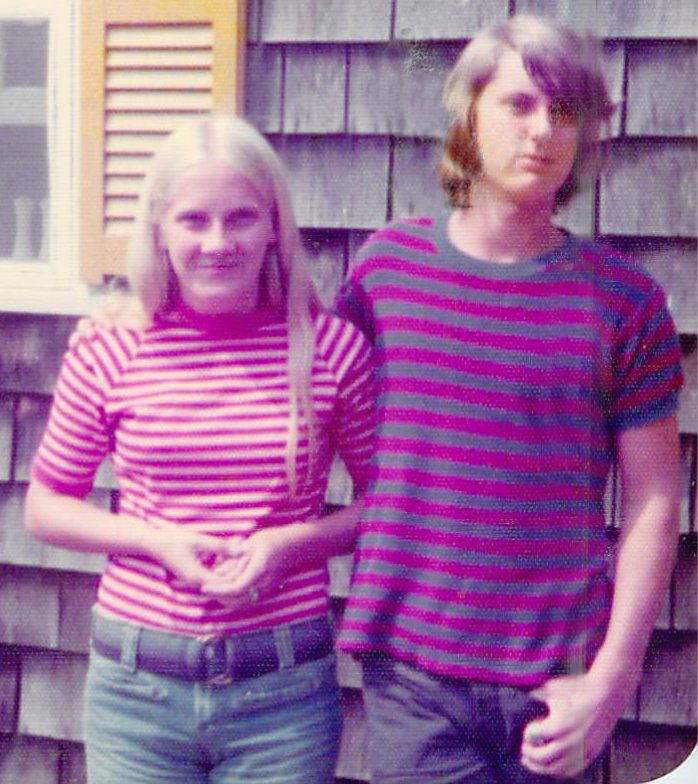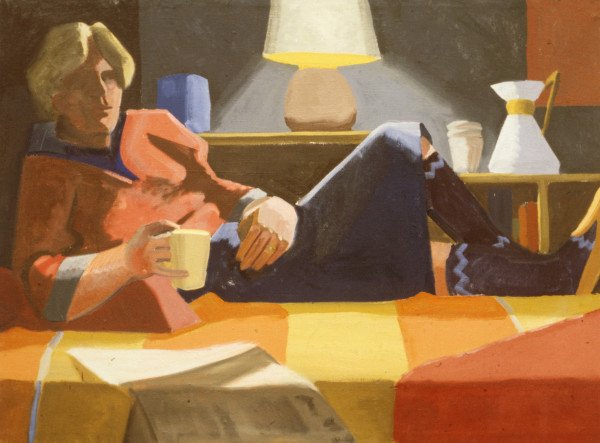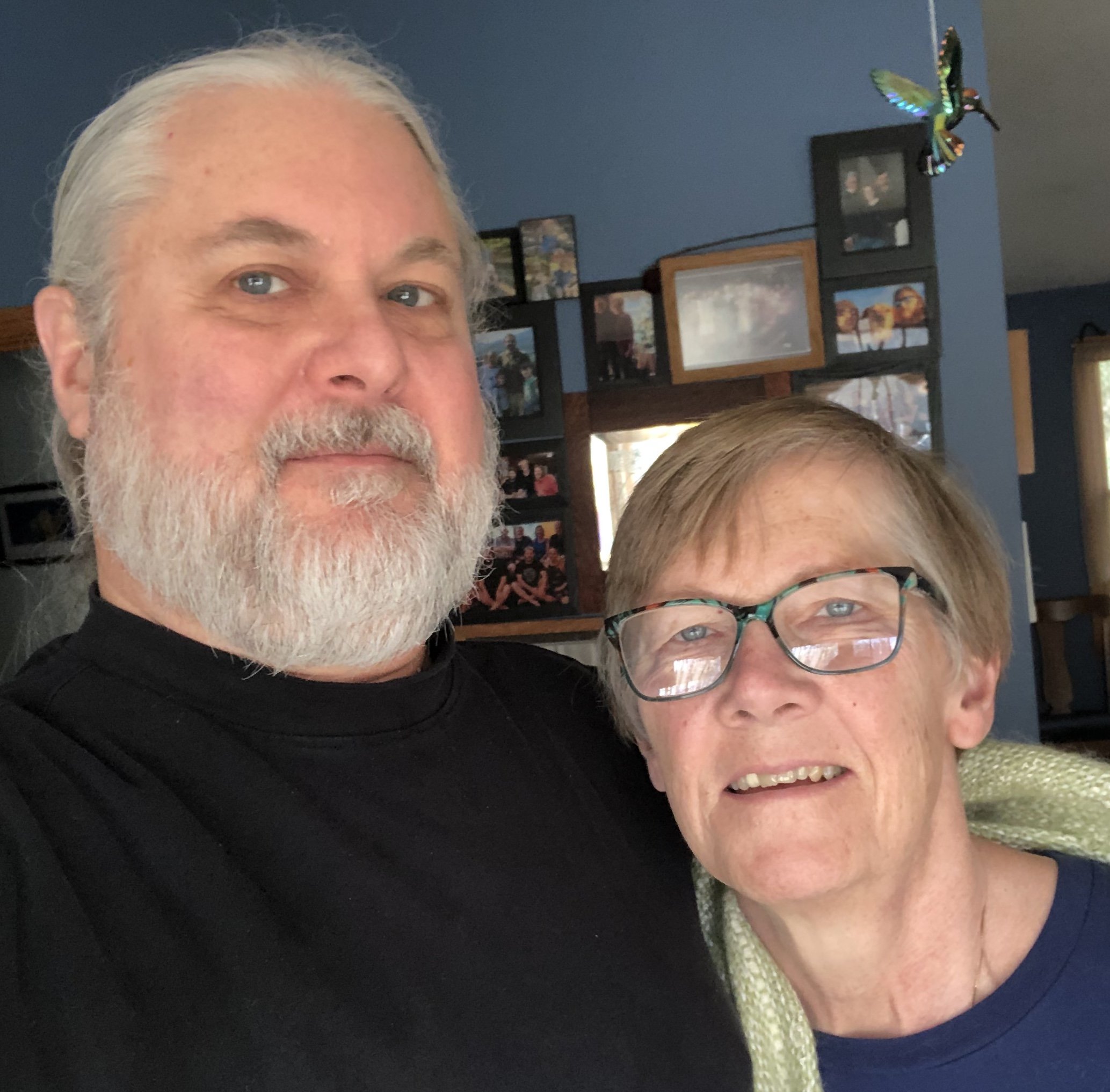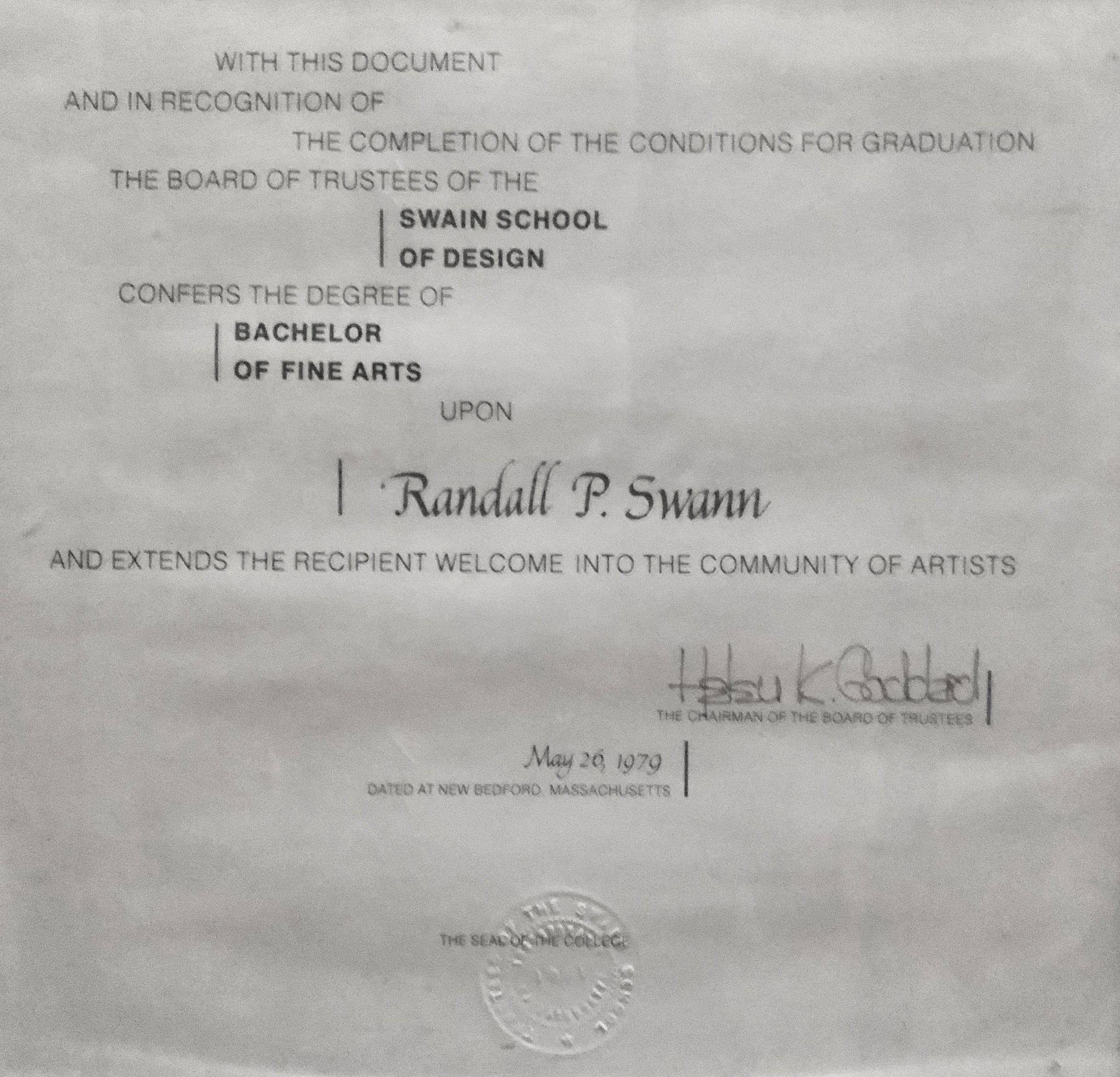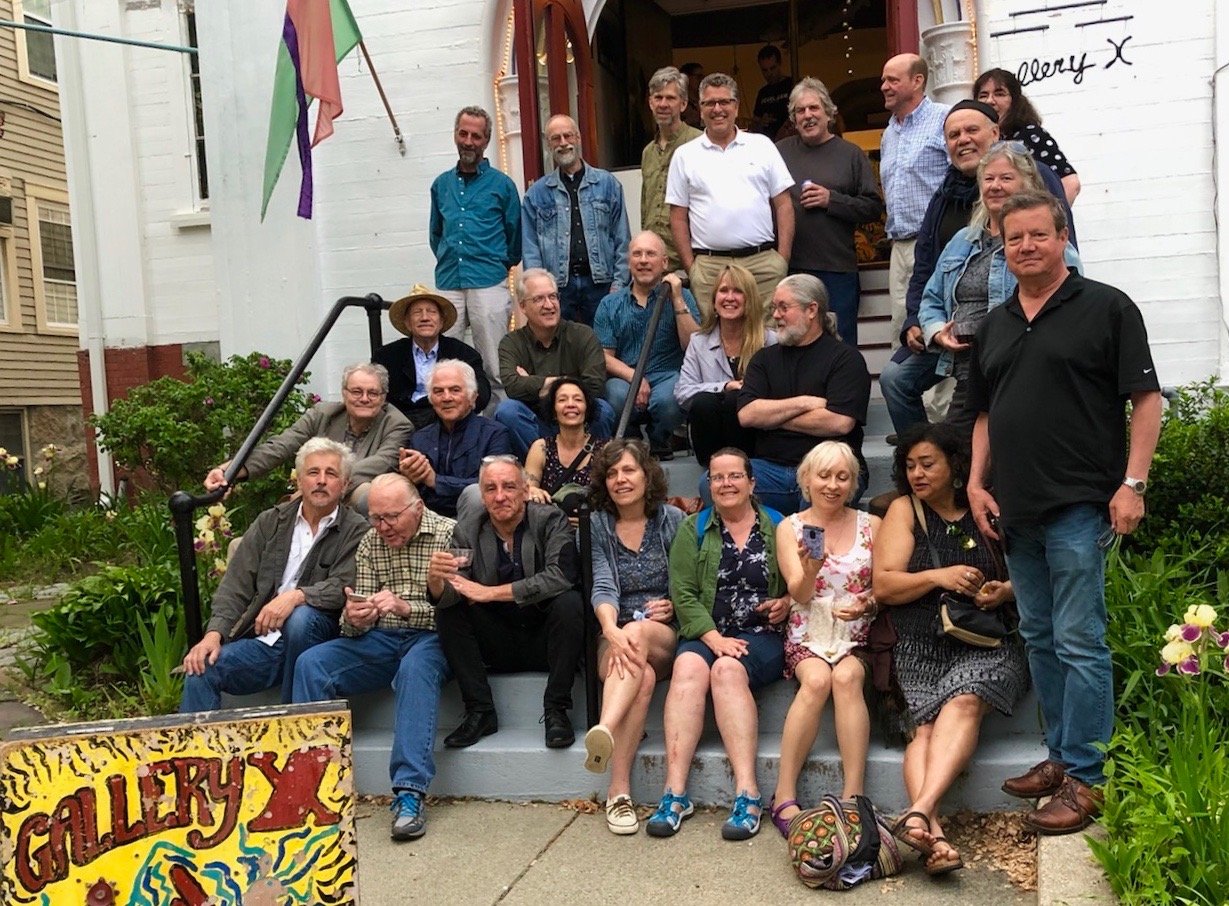I told my friend that, in my estimation, art was a slowly evolving immersion - a little bit like wine tasting, best taken in small sips over time. Close study will only clog your sensorial pores and is often too intense. I learned this early in my art student years after visiting the Metropolitan Museum of Art in Manhattan. Like an eager puppydog, I attached myself to one of my sage instructors, whom I was sure would lead me down the path of artistic enlightenment to the promised land. Surely he would point out every beautiful painterly moment in every masterpiece we came upon. Imagine my shock when he strolled through the galleries like he was shopping at Target, and, to my eyes, only briefly perusing the work, and only stopping here and there for a couple of minutes.
When pressed, he ‘splained…
There’s simply too much to take in all at once - especially at the Met. It is an abundance of wonder and skill. His strategy, which I employ to this very day, was to head directly to the middle of the room, plant yourself comfortably and make a slow turn to gaze on the work as a whole. If a piece grabs you, piques your interest, or puzzles you, investigate a bit closer and maybe swirl it around in your mouth before spitting it out and moving to the next gallery. To do otherwise and move with the masses from each painting to the next, in every gallery, will only make you drunk and give you a sensory-overload migraine.
And, he added, don’t expect to get it all at once. It may take multiple doses of master work to have all the pieces fall into place. Remember the paintings that speak to you and go back to see them as much as you are able. Only then will they impart their full flavors and depth. In my case, this has been true with much of my favorite artwork. BUT, I always leave room in my palate for newness.
Which leads me to what’s called “immersive art.” I have a little problem with that term, as I consider all art presentation to be immersive, but I get it, it’s about the multi-sensory aspect. With all the new technology available to artists, of course those tools would be hard to resist. Nor should they be. I daresay that the Sistine Chapel ceiling would look great as a multimedia piece, complete with soundtrack (and maybe the aroma of angel farts.)
I digress.
Admittedly, I am late to this party, having been self-quarantined from the contemporary art scene for a time, but over the past year, I’ve experienced a few examples, most recently Firelei Báez at the ICA in Boston. But also James Turrell’s work at Mass MoCA, Yayoi Kusama at SF MoMA and a wonderful piece by an unknown (to me) Icelandic artist in Reykjavik. It’s all so impressive, exciting and complex. But I can’t help but wonder about the inherent, fleeting nature of work like this, and whether it will hold up over time, providing food for thought over and over again, into the future. Or maybe, as a society, we’re beyond the wonder of slowly evolving pleasure.
Heavy, man.
Peace.
